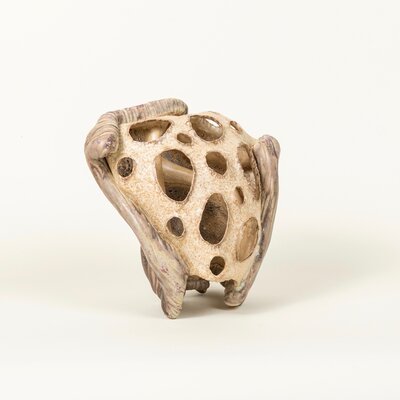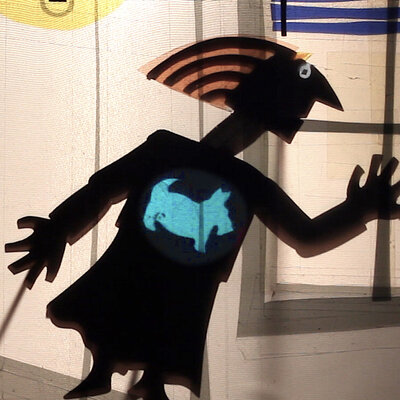For thousands of years, humans have been creating vessels out of bronze for many purposes, from ceremonial basins containing sacred objects to practical receptacles for food and drink. From the first smelting of copper and tin, bronze has been used as a medium for human expression through form and mark-making.
During this introductory level course, you will learn the basic processes involved in creating a bronze bowl form, using carving techniques. Please come with your ideas and inspirations for your piece. No experience in sculpture is necessary.
You will design a bowl focusing on the use of positive and negative space and how linear form is translated into three-dimensions. After preparing your mould, you can then see the fiery spectacle of metal casting as the moulds are filled with liquid metal. You will then learn the basics of fettling (cleaning and finishing) using basic metalworking tools, as well as patination.
Overview:
Day 1
Morning
Welcome and discussion about design, drawing, undercuts and other technical considerations. You will sketch potential designs and learn techniques for carving into your sand blocks to prepare your mould for casting.
Afternoon
You will carve your mould.
Cure surface of the mould with fire, close, cup and secure mould for casting.
Evening
Light furnace and cast pieces!
Day 2
Morning
Open mould, clean and fettle work, discussions about best practices for finishing work.
Demonstration of patination, the colouring and treatment of the surface of metal.
Afternoon
You will patinate your piece.
Demonstration of polishing and waxing of bronze works.
The aim is that you will complete a bronze bowl to a professional standard by the end of the course.
Included
On this course the tutor will supply some of the materials, including 1kg of bronze, prepared silica sand moulds, patination chemicals and wax, mould wash and sundries
On this course the College will supply some of the materials, including Scotchbrite pads, sandpaper, oil for the furnace, kiln dried sand and other sundries.
What students need to bring
- Students should bring ideas and sketches or materials for inspiration for their desired bowl design.
Available to buy
Available from shop:
A good variety of art and craft materials including sketchbooks and pencils.
Additional information
Please wear appropriate clothing/aprons for the workshop or studio, this includes stout covered footwear (no sandals or open toes).
Please note: Your workshop will be in the Sculpture Courtyard, which is a ten-minute walk from the main house through the walled garden, or can be accessed by car. The Sculpture Courtyard is open on one side, so be prepared for any type of weather. Morning coffee and afternoon tea will be held in the nearby Carrington Studio.
Arrival day
Residential students can arrive from 4pm, non-residential students to arrive by 7.15pm for registration. Students arriving earlier are welcome to purchase dinner in the College Dining Room from 6pm.
Students meet their tutor in the Bar at 7.30pm prompt to go to studios.
First Teaching session: 7.30pm - 9pm (attendance is essential)
Daily timetable
Course teaching: 9.15am - 5pm
Morning session: 9.15am - 12.45pm including coffee/tea break
Lunch break: 12.45pm - 2pm*
Afternoon session: 2pm - 5pm including coffee/tea break
Teaching finishes: 5pm
Evening working: students may have access to workshops until 9pm, but only with permission from the tutor and provided any health and safety guidelines are observed.
Departure day
Course teaching: 9.15am - 3pm
Teaching finishes: 3pm
Residential students will need to check out of rooms by 10am.
Please note, the tutor may make slight variations to the daily timetable as required.
*Lunch can be purchased on campus, view options






